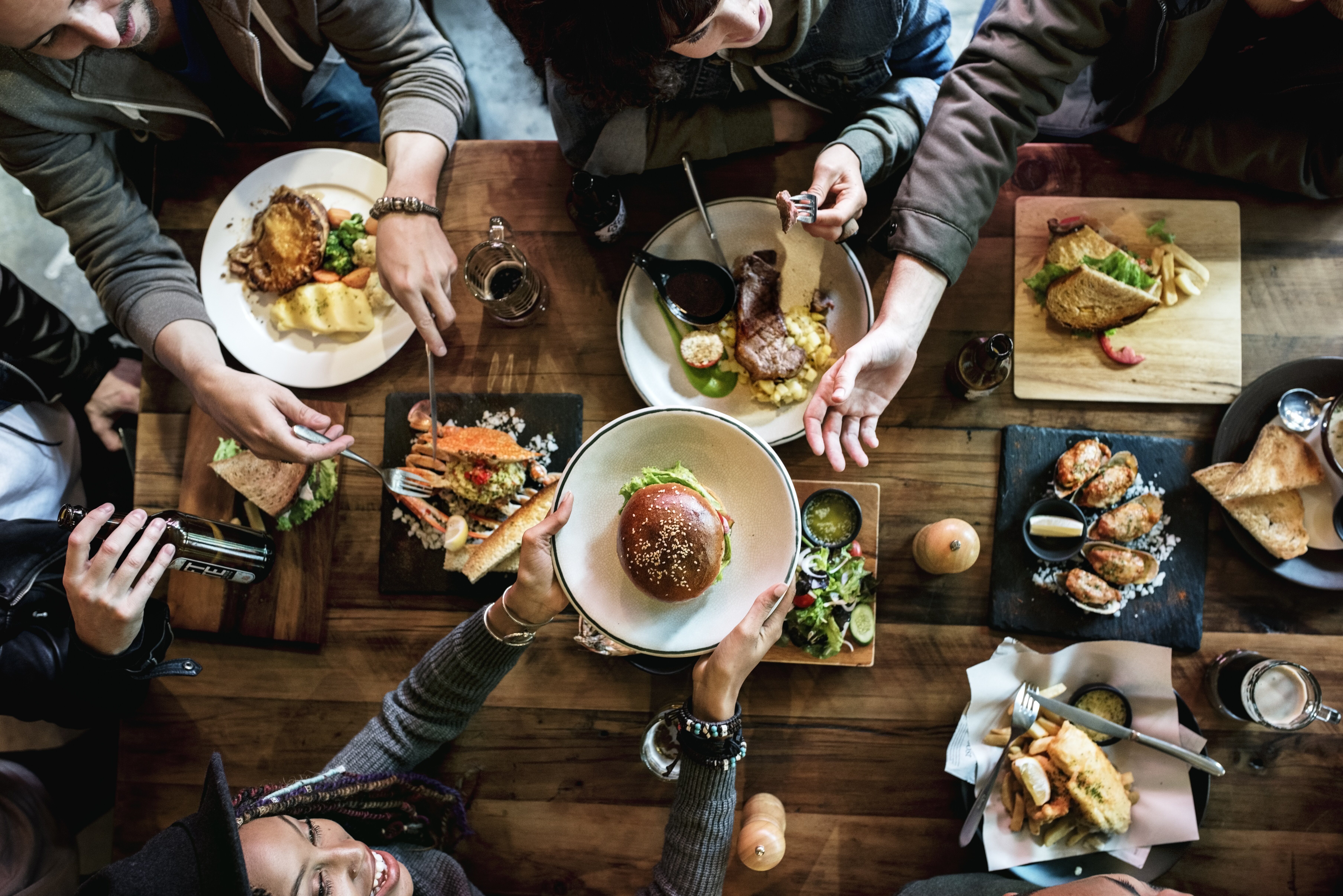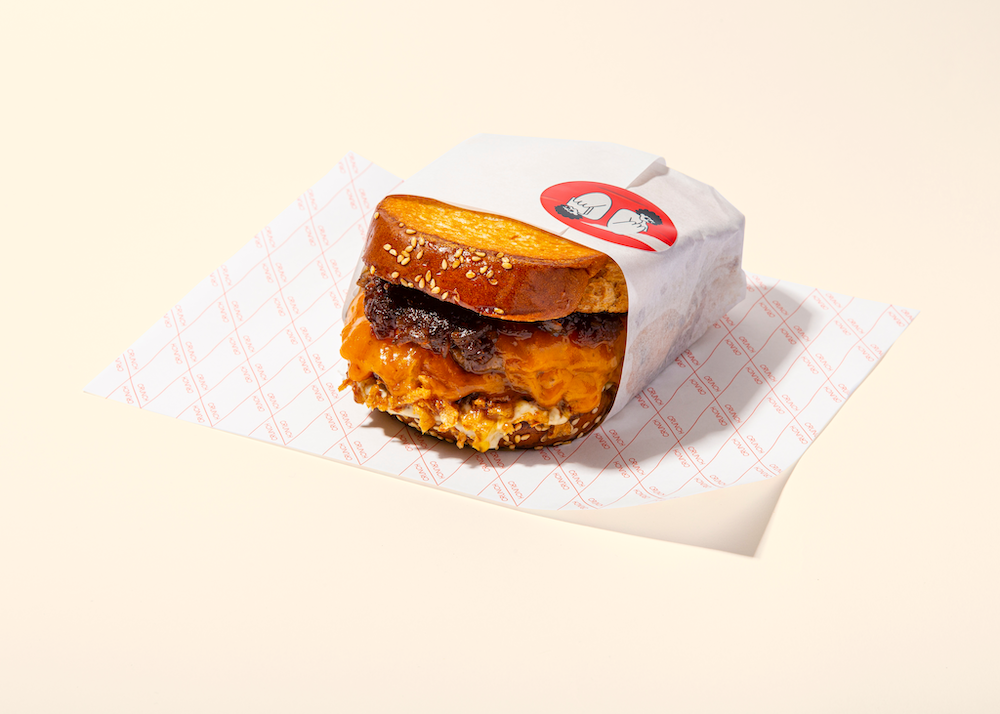Menu labelling linked to less fat and salt in food
Food sold at restaurants whose menus display energy information are lower in fat and salt than that of their competitors, according to new research from the University of Cambridge.
The researchers behind the study argue that if government policy made menu labelling mandatory, it could encourage restaurants to produce healthier options, leading to public health benefits.
The government included voluntary menu labelling in its Public Health Responsibility Deal in 2011. A proposal for compulsory menu labelling was included in last year’s Childhood Obesity Plan and a public consultation closed last December, but no announcement on a final policy has been made so far.
The assumption behind such measures is that providing customers with clearer information on the energy content of food served will allow them to make more informed, and hence ‘better’, choices. But it is also possible that menu labelling could change what outlets serve, as nutritionally-poor food could lead to bad publicity.
Researchers at the Centre for Diet and Activity Research (CEDAR), University of Cambridge, set out to determine whether there were differences in the energy and nutritional content of menu items served by popular UK chain restaurants with, versus without, voluntary menu labelling in their stores.
The team first looked at energy and nutritional information on the websites of the most popular 100 UK restaurant chains during March and April 2018. Of these 100 restaurants, 42 provided some form of energy and nutritional information online, but only 13 provided menu labelling in stores.
Items from restaurants with in-store menu labelling had on average 45% less fat and 60% less salt than items from other restaurants.
Dolly Theis from CEDAR and the MRC Epidemiology Unit at the university, said: “It suggests that on the whole, restaurants that provide information on calories on menus also serve healthier food, in terms of fat and salt levels. As well as providing useful information for customers, mandatory menu labelling could also encourage restaurants to improve the nutritional quality of their menus.”
The researchers say that it is possible that menu labelling encourages restaurants to change the content of their food and that those chains with ‘healthier’ offerings are more likely to label their menus. 11 of the 13 restaurants that provided voluntary menu labelling were in the top 50 restaurants by sales – larger chains may come under more scrutiny from governments, the media, campaign groups and the public to provide both menu labelling and healthier options.
Across all menu categories, at least three-quarters of individual menu items were below the daily maximum recommended intake for energy, fat, saturated fat, sugar and salt. However, some individual items contained more than twice the daily recommended amount for energy, fat, saturated fat, sugar or salt. In one case, an individual dish contained 5,961Kcal – almost three times the daily recommended maximum for an average adult woman.
Dr Jean Adams added: “We found some restaurant items that hugely exceeded the daily recommended intake for energy, fats, sugar and salt. More than a quarter of UK adults eat meals out at least once a week, so such large or nutritionally-imbalanced portions could contribute to poor dietary intake at a population level.”




















